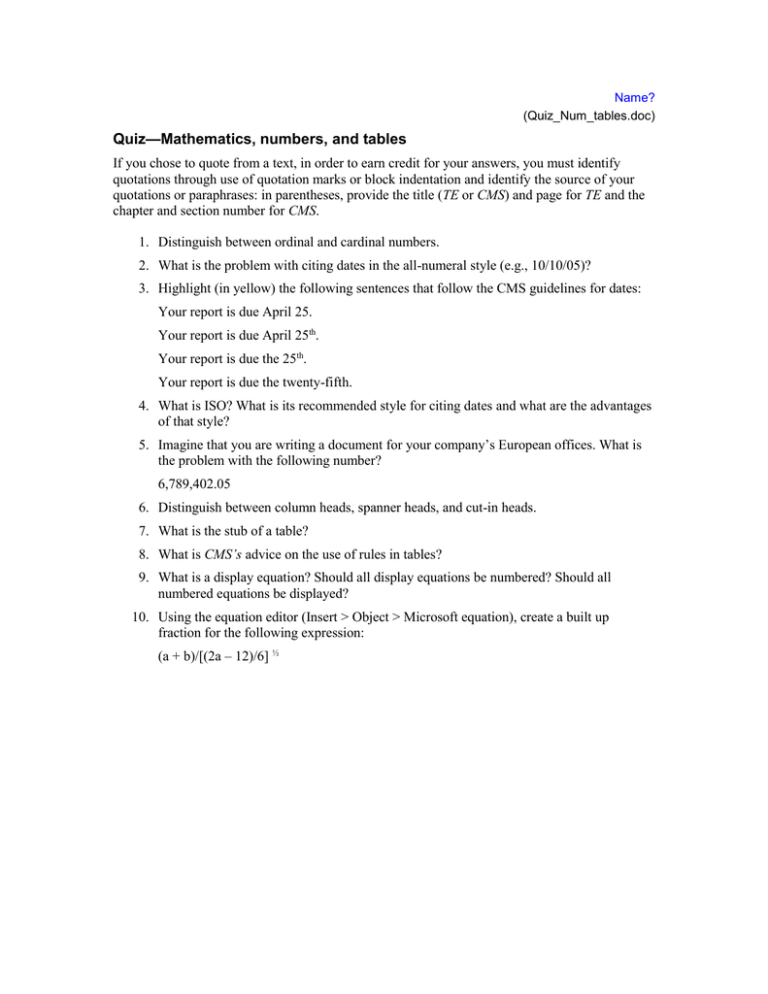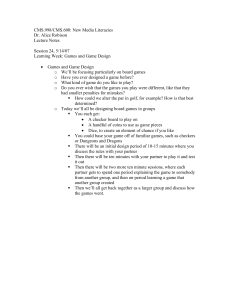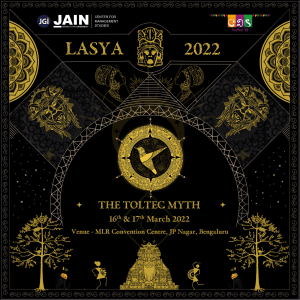—Mathematics, numbers, and tables Quiz
advertisement

Name? (Quiz_Num_tables.doc) Quiz—Mathematics, numbers, and tables If you chose to quote from a text, in order to earn credit for your answers, you must identify quotations through use of quotation marks or block indentation and identify the source of your quotations or paraphrases: in parentheses, provide the title (TE or CMS) and page for TE and the chapter and section number for CMS. 1. Distinguish between ordinal and cardinal numbers. 2. What is the problem with citing dates in the all-numeral style (e.g., 10/10/05)? 3. Highlight (in yellow) the following sentences that follow the CMS guidelines for dates: Your report is due April 25. Your report is due April 25th. Your report is due the 25th. Your report is due the twenty-fifth. 4. What is ISO? What is its recommended style for citing dates and what are the advantages of that style? 5. Imagine that you are writing a document for your company’s European offices. What is the problem with the following number? 6,789,402.05 6. Distinguish between column heads, spanner heads, and cut-in heads. 7. What is the stub of a table? 8. What is CMS’s advice on the use of rules in tables? 9. What is a display equation? Should all display equations be numbered? Should all numbered equations be displayed? 10. Using the equation editor (Insert > Object > Microsoft equation), create a built up fraction for the following expression: (a + b)/[(2a – 12)/6] ½



